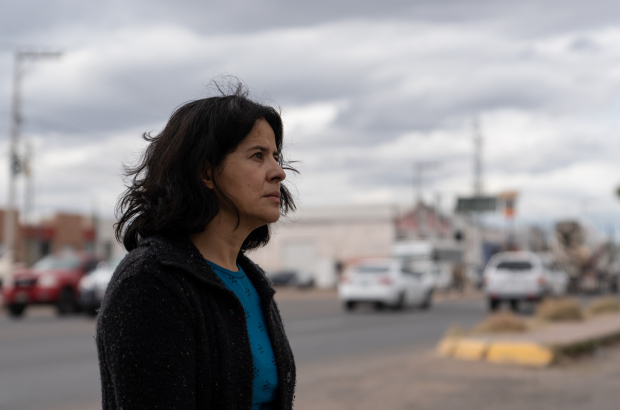- Daily & Weekly newsletters
- Buy & download The Bulletin
- Comment on our articles
‘I want to kill or die’: True story of average mum turned vigilante in new Belgian film
“I could have chosen an easier path towards a first fiction film,” says Teodora Ana Mihai with a wry laugh. You can say that again: The Belgian director took her life into her own hands when she delved into the history of murderous criminal gangs in the north of Mexico.
She is sitting in an office in Brussels undergoing a battery of interviews about her new film La Civil. The title is Spanish for ‘civilian’, and it is based on the true story of a mother in a Mexican town who goes after the people who kidnapped her daughter.
The film reveals striking details around violent kidnappings that take place in some parts of Mexico. Criminal gangs routinely snatch young people from the streets, demanding high ransoms from their working-class families.
Everyone knows that if you don’t pay, you will never see your teenager again. But sometimes this is the case even when you do pay. Many mass graves of such victims have been dug up in Mexico over the years.
The cartels “do their research,” says Mihai. “In the case of this movie, the family is working class, but they do have a shop. It’s not like they have nothing. So the cartels do their scouting. Do they have houses, ranches, a shop? Do they own anything? So they say, Ok, you don’t have enough in your bank account, but you have a ranch somewhere, put it on this name, go to the notary and sign it over to us. That covers the ransom.”
Indeed, in the film, the family must hand over a new truck together with the money – most of which has been borrowed from a family friend. “There are no rules” when it comes to the kidnappings, says Mihai, “but often they go for less money. Sometime they do these kind of express kidnappings, to get like 50 bucks, very small amounts. Many times it’s not that well planned, it can even be a past-time, fun for them.”
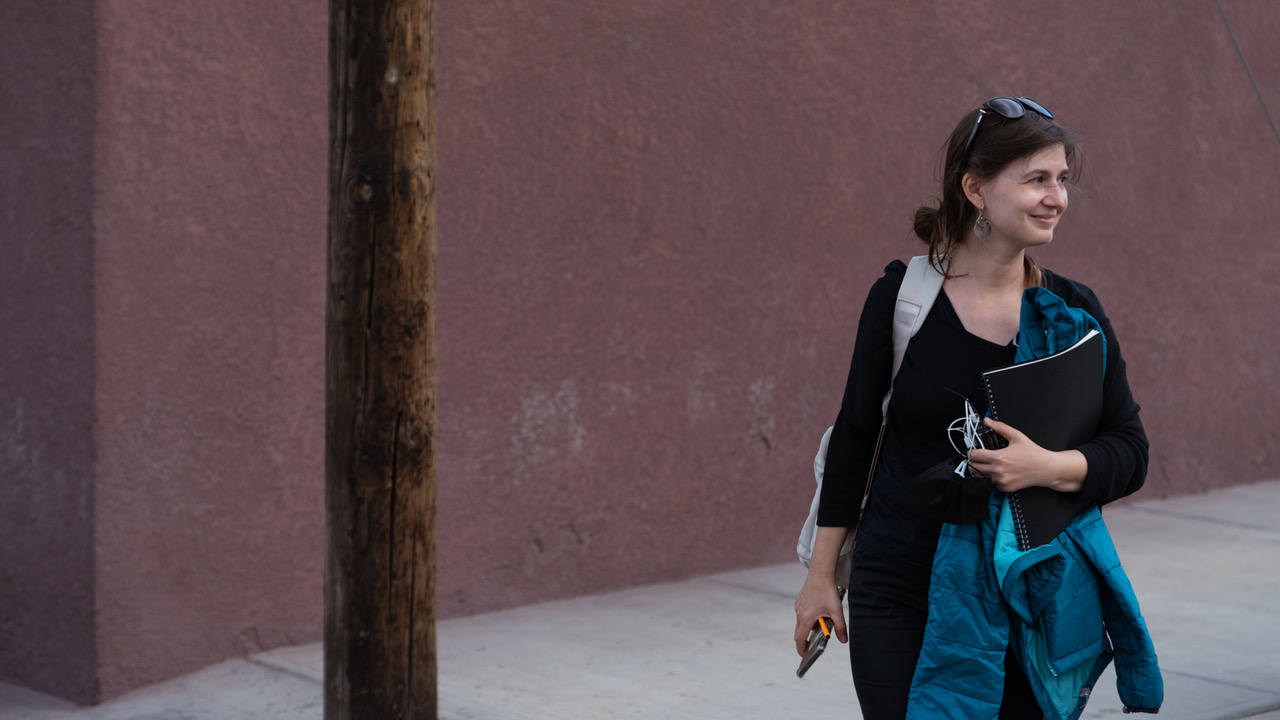
La Civil director Teodora Ana Mihai
The director, who lives in Ghent, spent seven years of her life researching, writing and making La Civil. It opens the Ghent Film Festival next week and opens in cinemas across Belgium on 27 October. Having made the award-winning documentary Waiting for August – about a Romanian teenager who must care for her many siblings when their mother is forced to leave the country for work – she envisioned another documentary about young people this time around.
Her original research involved speaking to teenagers about their lives in communities defined by bloodshed. “I realised how many of these kids had actually been very close to this cartel violence,” she says. “Maybe they had been present at a shoot-out on the street or they had to hide under their desks in school, or they had some family member who had been kidnapped, sometimes killed. It was so omnipresent, it was practically banal to them, just part of everyday life.”
It was their view of the future that really drove home the need to expose this situation in a documentary. When faced with the age-old question ‘what do you want to do when you grow up,’ these teenagers couldn’t envision a life outside of cartels. “Being a narco or the girlfriend of a narco was actually an option”.
Originally focused on young people, Mihai’s documentary took an unexpected turn. “Through a common acquaintance, a lady came to talk to me,” reveals Mihai. “She wanted to meet me; she had a story she wanted to share. This was Miriam Rodriguez.”
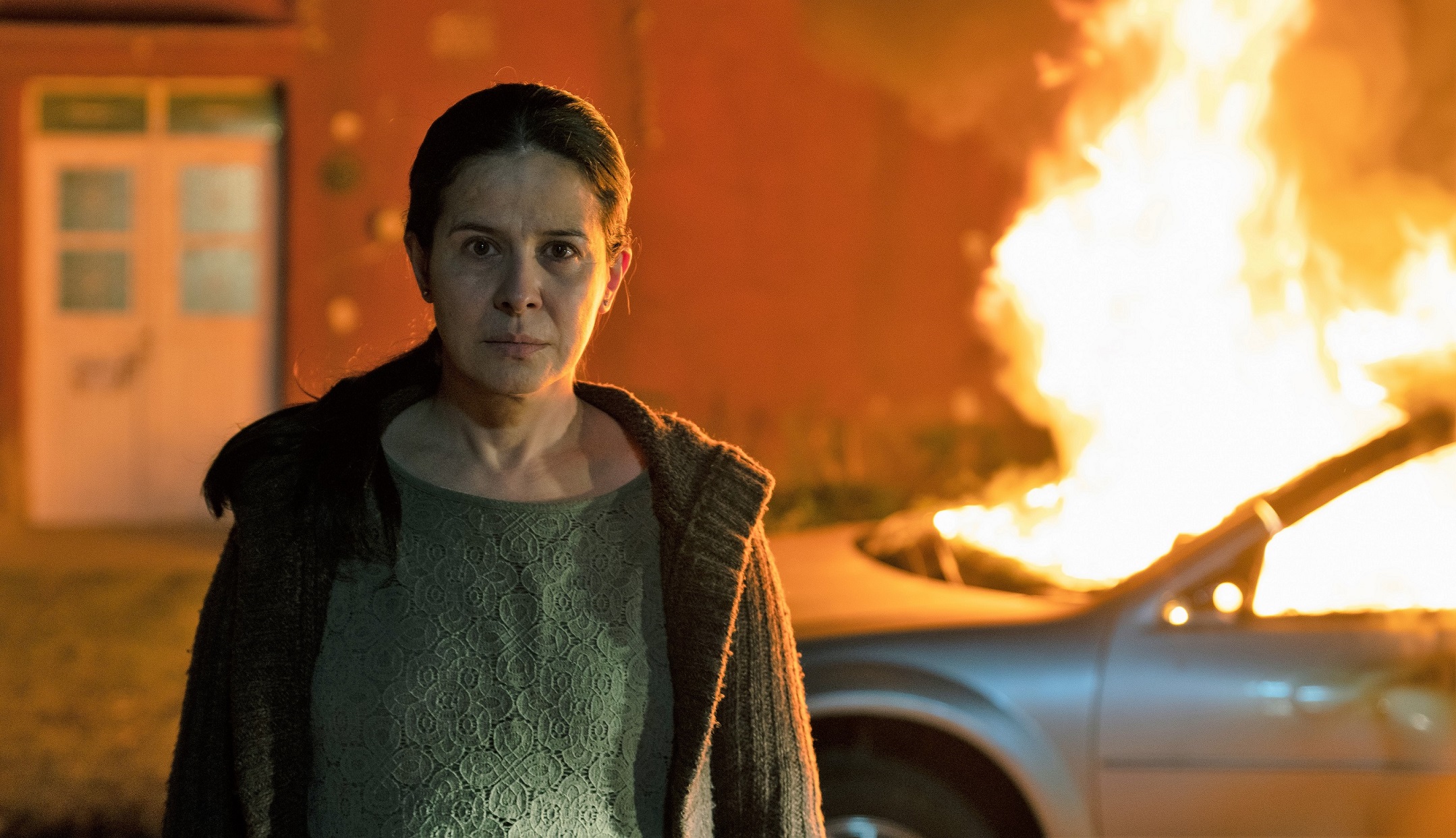
Arcelia Ramirez plays the mother in La Civil. Mihai discovered she was the narrator in Like Water for Chocolate, a film she loved as a teenager ©Menuetto
Miriam Rodriguez was an average working-class mother when her 20-year-old daughter was kidnapped by a cartel. She and her estranged husband paid the ransom, but the cartel killed their daughter anyway. It would take more than a year for her death to be confirmed (by a single bone; the rest of her body has never been found).
Before then, Rodriguez would become a vigilante, methodically hunting down the people involved in the murder of her daughter. “She had heard that I was doing research in the region, that I was a foreign filmmaker,” says Mihai. “It was a very interesting meeting, a meeting with a gun on the table. She was like, this is who I am, I want you to take me seriously.”
Rodriguez had given up on a corrupt police force that had long stopped looking for thousands of missing people and had taken matters into her own hands. She searched for clues on social media, staked out homes and businesses, followed any lead, no matter how minor. Her dogged pursuit led to the arrest of 10 people, some of which she held at gunpoint until police arrived.
“She started talking, and it was fascinating because her words did not match her physical appearance. She was this middle-aged woman, a mom, not a violent type. One thing she said to me was really the spark that led me to change my point of view from the kids to the mother who has lost her child. She said: ‘When I wake up in the morning, I want to kill or die. That’s how I wake up every morning.’ How do you get to that point? What happened? And so a very long dialogue ensued, and La Civil is the end result of that.”
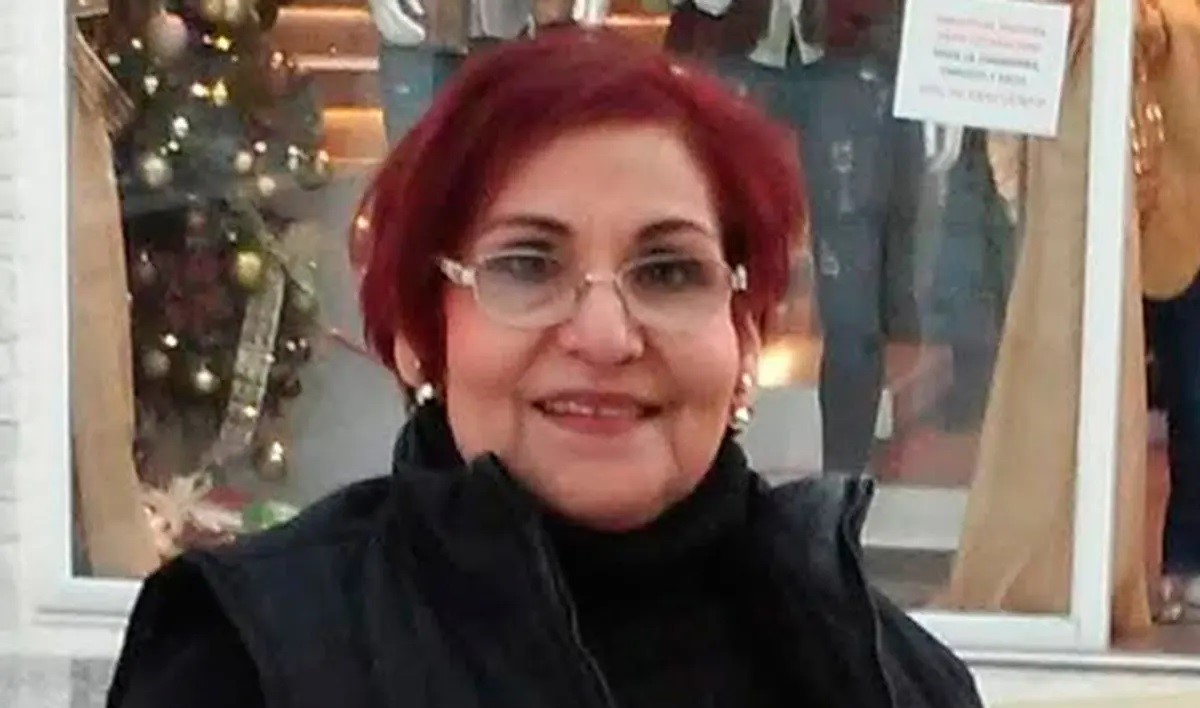 The late Miriam Rodriguez, on whom the film is based ©Courtesy San Fernando Missing Persons Activists
The late Miriam Rodriguez, on whom the film is based ©Courtesy San Fernando Missing Persons Activists
Mihai was still planning on a documentary, but that plan became far too dangerous. News travels fast, and the safety of the film crew could not be guaranteed. The bodyguards provided by the army were essential but got in the way when it came to shooting intimate conversations.
“I was anything but a fly on the wall,” she says. “We were followed by the cartels several times. One time we were stuck in a house for several days, and we didn’t dare to leave. We knew that they were checking us out and waiting. Luckily, nothing bad happened to us. But it was a crazy ride.”
The project changed from a documentary to a fiction feature and was shot in a peaceful area of northern Mexico. While it is based on the story of Miriam Rodriguez, it’s not a biopic, and some of the story plays out differently. Rodriguez herself will never see it. She was gunned down by escaped convicts in 2017 – three men she herself had put in prison.
“It was shocking, even though we expected it,” says Mihai, matter of factly. “She knew it was going to happen, and everyone around her knew. For Miriam, she kind of felt like she didn’t have anything left to lose.”
Rodriguez’s death only increased her fame; a New York Times article published last year put her in the international spotlight.
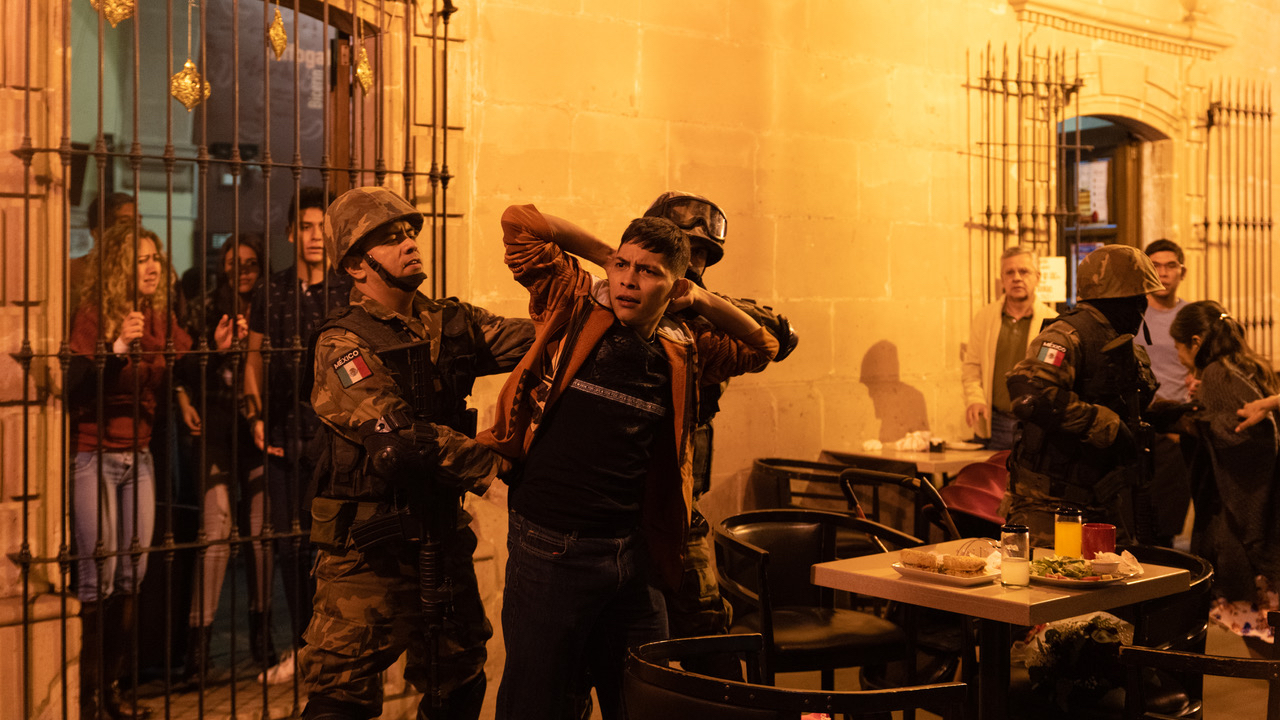
A scene from La Civil ©Menuetto
As for Mihai, she hadn’t heard of Rodriquez before heading to Mexico. Her interest stems from her time in San Francisco, California, where she had many friends of Mexican descent.
“It was a completely different situation back then,” she says. “It was before president Calderón had declared a war on drugs. That was really the moment that the cartels dropped this gentlemen code of not involving civilians and keeping the conflict off the streets. So slowly but surely, violence began seeping into people’s everyday lives. Especially in the north, but later in different parts of Mexico, and sometimes it would get worse in one region, then it would get better, then it would go to another region. It is always moving.”
Mihai herself escaped violence as a child, arriving in Belgium with her parents from Romania, fleeing the Ceausescu regime. “Under Ceausescu, what people felt is that nothing is what it seems. The secret service was so powerful. In the cities, people believed that one in four citizens was an informant for the Securitate. It forms you as a person. You don’t trust anyone, and nothing is what it seems. You feel that in Mexico as well. In this mother’s world, nothing is what it seems, and she cannot trust anyone but herself.”
La Civil opens Belgium’s largest film festival, Gent Film Fest, on 12 October. It opens across Belgium on 27 October
Photo top ©Menuetto












